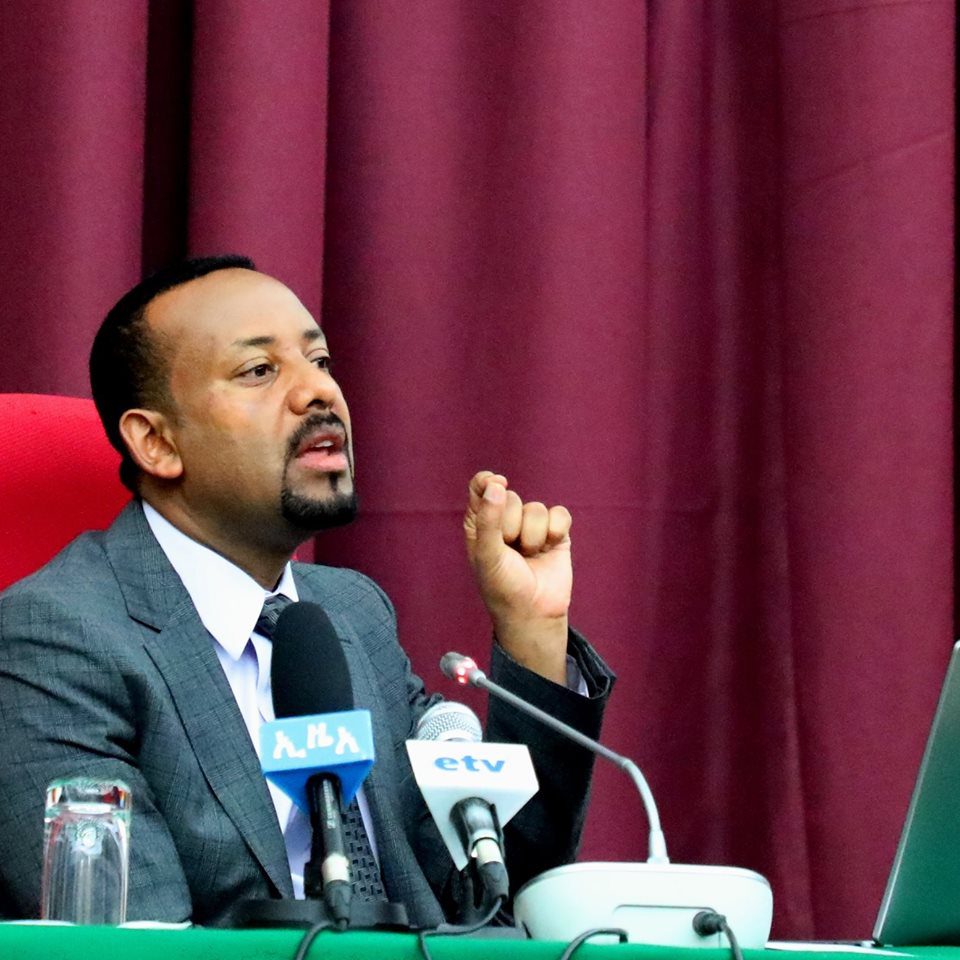UN member states have commended Ethiopia for the improvement of its human rights situation through political reform measures and steps to widen civil society and democratic space, and for the release of political prisoners previously charged as terrorists, APA has learned.
During the review at the 33rd session of Universal Periodic Review (UPR) Working Group held in Geneva on Tuesday, a unique process which involves a review of the human rights records of all United Nations Member States, Ethiopia’s reform initiatives were saluted.
The member states also praised the country for achieving gender parity in government positions, for the implementation of the growth and transformation plane 2016-2020 leading to poverty reduction, and for the national action plan 2016-2020.
The Member States recommend Ethiopia to strengthen the capacity of the judiciary, ombudsperson and the national human rights commission as well as to step up efforts to combat human trafficking and to improve food security.
They also recommend Ethiopia to ensure equitable, free and transparent elections scheduled for May 2020, to continue to take steps to promote religious dialogue and prevent discrimination based on religion and promote inter-communal reconciliation.
Speaking on the occasion, Ethiopia’s Deputy Attorney General Dr Gedion Timothewos said the government of Ethiopia has taken concrete measures over the past years to advance human rights.
“Concrete measures have been taken over the past year in Ethiopia to advance human rights despite the tensions and communal clashes which have resulted in deaths and displacement of many citizens in the country” Dr. Gedion has said
“Those who have been charged and convicted under the anti-terrorism law, including journalists, bloggers and dissidents from political opposition groups, were granted pardon by the government,” he stated.
The Deputy Attorney General further said the government of Ethiopia has repealed and replaced the former Charities and Societies (CSOs) law to better respect freedom of association and the work of civil society organizations as well as to promote the rule of law and democracy.
Moreover, a national reconciliation commission has been set up to promote inter-communal understanding, reconciliation and harmony and the government is endeavoring to provide socio-economic services, including health care, education and housing to the most needy, he noted.
The Deputy Attorney General stated that proportion of public spending in poor areas in Ethiopia has increased by 2/3 over the past decade, including in education sector and to build roads.
Representatives of the UN member states further recommend Ethiopia to ratify the Second Optional Protocol to the International Covenant on Civil and Political Rights to abolish the death penalty, to ratify the Optional Protocol to the Convention against Torture and to improve prison conditions.
MG/as/APA


